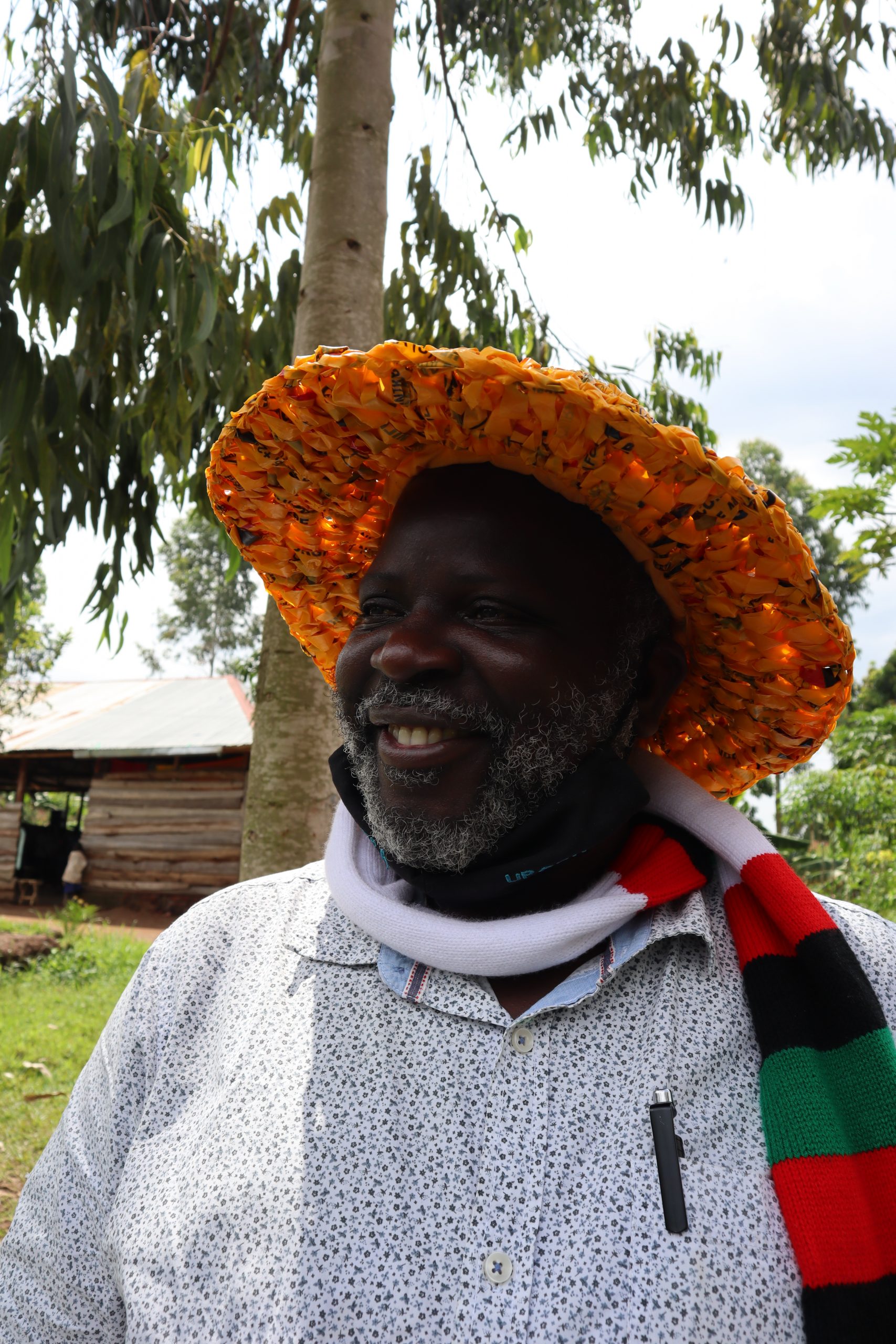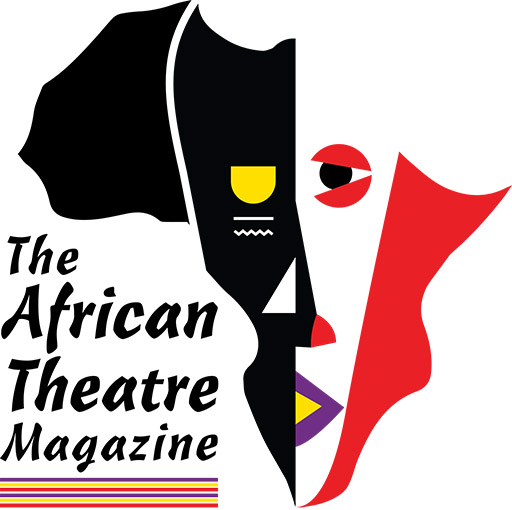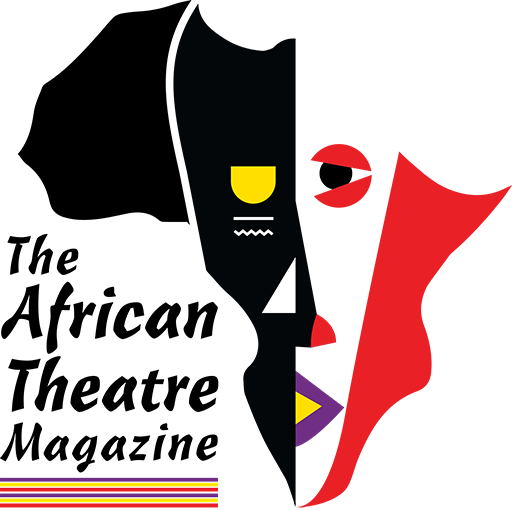“The greatest threat to our planet is the belief that someone else will save it.” – Robert Swan, environmental activist.
What a more plenteous nursery bed could the words of the British environmentalist have found in Makerere University than anywhere else in Uganda! Of course in that East African country (perhaps like where you are reading this from) environmental degradation and climate change continue to threaten human existence. That a group of university students, teachers and alumni are carrying the seed of saving mother nature to communities using theatre is no wonder if they are from Makerere. The University prides in its rich history of community theatre, from David Cook’s Makerere Free Travelling Theatre in the 1960s to Rose Mbowa’s Theatre for Development in the 1990s.
Research-Community Theatre Project
The latter-day team of community theatre enthusiasts is led by Dr Michael Muhumuza, a lecturer of drama and theatre arts at the University. When he is not teaching young artists how to negotiate with their acting spaces on stage or how to navigate through the texts, subtexts and paratexts of, say, The Trials of Brother Jero or The Donkey Market, Dr Muhumuza is attending church or tending his farm. Perhaps that “side hustle” privileges him to appreciate that what nature gives, man should nurture. The theme “Use of Theatre in Social Mobilisation for a Sustainable Environment”, and the purpose of his study (the project being partly research, partly community theatre) is deliberate.
See also: Fantastic Mr. Fox wows audiences at the National Children’s Theatre
As a principal investigator, Dr Muhumuza is working with Associate Professor Patrick Mangeni (Drama), Mr Eric Jjemba Lutaaya (Dance), Ms Pamela Mbabazi and Dr Branco Ssekalega (Music), among other faculty members of the Department of Performing Arts and Film. When asked on what inspirited him to use the medium for his research, Dr Muhumuza made a bold case for community theatre: “Its power to sensitise and animate people to recognise, evaluate and seek solutions to their problems makes it indispensable.”
That indispensability was noticed when the facilitators made it to Kirimya in Masaka, Central Uganda on some wintry November morning. I was blessed to have gone with them.

The Passion of Kirimya: Death, Burial, Resurrection
There is something tranquil about the hill. The people exude a kind of reception that is so radiant. The environment rejuvenates body and soul. Is it because Kirimya is a place of worship? Or it is because the church doubled as our stage? Now, there is the thing. The diversity and multiplicity of the performance spaces in community theatre is magnetic itself. So when people of Kirimya heard that Makerereans had come, they ascended on the hill like the pack of thirsty-beings for theatre that they were. Even then, alienation between the community and the facilitators still hung in the air. There was a need to clip its wings. After all community theatre is an inclusive kind done for and with the people; the gist is that everyone participates actively in the process.
See also: How theatre can help young Nigerians who are living with HIV
To achieve this, name tags and theatre games were used. Each person had their name written and stuck to their chest, the group had to bond. “Catch My Name” was one of the games. A small round ball was made and the community members with the facilitators moved around the available space while throwing this ball to each other. One would pronounce someone’s name, then go ahead and throw it to them, say, “Linus, catch my name.” Linus would in turn pronounce someone else’s name and throw the ball to them.” It worked like a charm, immediately. By the end of the games, the mood was up and the people began to cheer up and open up. In the heat of the moment, they were so free to share with the facilitators what their expectations and fears about the yet-to-come TfD experience were.
People have a lot of perspectives about drama and theatre out there. Some people think it is about drumming (to rhyme with the name ‘drama’); to others, drama is about making people laugh, yet others think it is ‘katemba’ – a Ganda word that means to be possessed with a certain supernatural spirit. These were some of the perspectives that came up in a brainstorming session done on the very first day of the project.
It was then clear that the community actually had a clue about the isms of drama and theatre. Mr Devis Senyomo, a theatre arts alumnus of Makerere, thereafter provided the much-needed nitty-gritties about drama and theatre: how it is made, what it is made of, who makes it and why it is made. “Everyone is an actor in some kind of way,” he said, in a statement that moved the locals who thought acting is a thing for larger-than-life movie stars. As he explained the pros and cons of drama Delia Nanjuba was already recording all the moments through her camera lens, Shallon Kemigisha on the other hand was already getting behind the scenes to ensure that the people around wouldn’t yawn with hunger, and then there was Prisca Atite figuring out which dance motifs would work best as warm ups or as engagement tools for the following sessions. It was a team.
See also: Stephen Joel Chifunyise and his Legacy to Zimbabwean Theatre and Performance
Devis’ message sank so deep that day two of the Kirimya experience saw the movie stars we have always associated with the silver screen emerge from locals. Five groups that included locals with the facilitators as guides were made on day two. In these groups, brainstorming sessions on five questions to do with the environmental sustainability, environmental degradation, pollutants of the environment, dangers that arise from environmental degradation and actions that can be done to alleviate environmental degradation were done; one question per group. Each group was tasked with choosing a representative who would present their responses to the rest of the participants on their behalf.
The best was yet to come. From the presentations, the five groups were merged into two bigger groups and based on the presentations, drama skits were created. Using the knowledge of the previous day, participants came up with brilliant drama plots. You should have been there to witness it yourself. To see locals act out waste recycling processes, to see locals sing about cutting one tree and planting ten more, to see locals act the judge and the jury, the defenders of the planet in mock village council was nothing but amazing.
The third and final day came with many heartfelt messages from the participants, if rather not with surprises. A school going girl, Patricia, whose mother, Ms Robinah Namulundwa, had been part of the three-day experience surprised the gathering on that day with original compositions of a song and a poem. She had got wind of the project from her mother and the girl made original compositions of song and poem which she performed at the closure of the project.

Word about the project had spread far and wide, not just to Patricia but also to other various dignitaries like the Hon Irene Nantongo, the Speaker of Parliament for Masaka Municipality. The Speaker felt obliged to grace the final day with her presence. In her speech, she pledged to have this beautiful message spread to “higher authorities”. “Our planet is all we have got. We must protect it,” she said. Her plea comes at a time when Kirimya is witnessing indomitable deforestation.
Use of Theme Songs
That every community theatre project is unique in its own way is a cliche. More unique with this project though is its use of music in popular genres such as R and B, Afro-Beat and Afro-fusion. Four songs by three young artists, Dinaro Ogie, Ann Belinda and Andereya Baguma (all of them Makerere-trained) were pre-recorded in studio and integrated into the project. The songs were used in ice-breaking sessions, intermissions and climaxes. Participants would contemplate on a song’s message and come up with enactions and low organisation games on the theme. A participant would, for instance, act a bird if that was the message in the song. This proved successful in enhancing the message. Never before had a song been adapted in a community theatre as effortlessly as that day.
See also: Community Theatre Is Not Amateurish – Rashida Namulondo
Future of the Project
This project, the second in the Art for Transformation series sponsored by the Makerere University Research and Innovation Fund, is still on-going and expected to end in March 2021. The first project was on uptake of behavioral changes in the prevention of Covid-19. “We are always in Makerere, and we may be tempted not to know what the world looks like,” says Dr Muhumuza, the project’s author. “An experience like this one gives us a chance to see the world, laugh and interact with people outside the ivory tower,” he adds.
The project’s potential in engaging communities using theatre is, without doubt, Makerere’s triumphant return to community theatre. Dr Muhumuza is one of the many proteges of the late Prof Rose Mbowa. He could be walking in her footsteps now, this time though, with abundant sure-footedness. Mbowa and Cook must be smiling wherever they are.
By Linus Mugume
Linus Mugume is an enthusiastic creative writer. He holds a Bachelor’s Degree in Drama and Film from Makerere University Department of Performing Arts and Film.







Discussion about this post